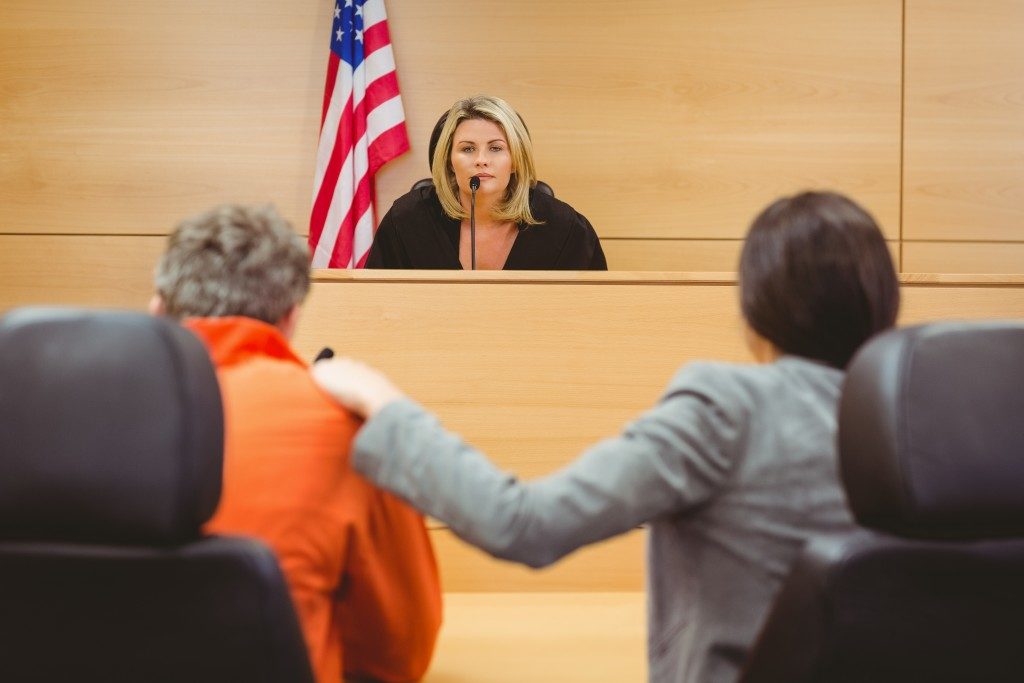- Subpoenas and court orders are legally binding documents issued by the court with significant consequences for failure to comply.
- The two main types of subpoenas are Ad Testificandum and Duces Tecum, which require either testifying or producing evidence, respectively.
- Recipients of subpoenas have the right to legal counsel and may object if it is unreasonable or burdensome.
- Court orders are usually issued after a petition is reviewed and can lead to criminal charges for violation.
- When confronted with complex language or terms in legal notices, it is vital to seek legal counsel.
Legal notices such as subpoenas and court orders can intimidate the average person. However, failing to understand the legal ramifications of these documents can lead to devastating consequences. It is essential to understand subpoenas and court orders, what they entail, and how to handle them if you ever receive one.
Legal notices, specifically subpoenas and court orders, are issued by the court and carry legal consequences. Ignoring them can lead to a contempt charge or other legal consequences, so people need to understand what they’re looking at when they receive these notices.
Even simply following the instructions may not be enough if substantial legal implications are hiding in the fine print.
This blog will demystify these legal notices and provide the information you need to navigate them.
Subpoenas Explained
A subpoena is a legal document that requires an individual or entity to provide evidence for an ongoing legal proceeding.
The evidence sought could be in the form of documents, testimony, or physical items. Lawyers or courts issue subpoenas that are legally binding. Failing to comply with a subpoena could result in being held in contempt of court.
Types of Subpoenas
Subpoenas have two primary types, which are the Subpoena Ad Testificandum and Subpoena Duces Tecum. A Subpoena Ad Testificandum is a legal instrument that compels an individual to testify and respond to inquiries during a legal proceeding.
Conversely, a Subpoena Duces Tecum requires an individual or entity to present tangible evidence relevant to the legal matter at hand.
How Subpoenas Are Served
Subpoenas are usually served by a skilled process server authorized to deliver legal notices. A subpoena will be delivered in person to the individual or entity named in the subpoena.
The process server will provide a copy of the subpoena and testify that they delivered it. In some cases, the subpoena may be sent through certified mail or email.
Rights and Responsibilities of Recipients
As a recipient of a subpoena, you have rights and responsibilities. You have the right to legal counsel, and it is recommended that you seek legal advice. You also have the right to object to a subpoena if it is unreasonable or overly burdensome.
As for your responsibilities, you must comply with the subpoena and provide the requested evidence or testimony. Failure to comply could result in legal consequences.
Court Orders Unveiled
Court orders are issued by a judge in both civil and criminal matters.
These orders are legally binding and carry significant consequences for failing to follow them. A violation of the court order can lead to criminal charges and even imprisonment.
Consequently, ensuring a complete understanding of the court order before agreeing to comply. If there are any ambiguities or misunderstandings, it is advisable to consult with an attorney.
Common Types of Court Orders
The most common court orders include restraining orders, search warrants, and protection orders. Restraining orders are typically issued to prevent an individual from contacting another person, harassing them, or being in proximity.
A judge issues a search warrant and permits law enforcement officials to search a specific location or individual. Protection orders are similar to restraining orders but are usually issued in domestic violence cases.
Process of Obtaining Court Orders
A judge issues a court order after a petition has been filed and reviewed. The judge must ensure that the order is lawful and does not violate any individual’s constitutional rights.
The petitioner must present sufficient evidence to warrant the issuance of the court order. If the evidence is insufficient, the judge may deny the petition.

Deciphering Legal Language
Legal notices such as subpoenas and court orders can be challenging to understand because they use legal terminology and language. It is important to take time to read and understand each document and highlight the essential parts.
Dealing with Legal Terminology and Language in Notices
It can be daunting when confronted with a legal notice with complex language and terms. However, taking the time to research and read related material can be helpful.
People can also contact processes such as law assistance to help translate legal notices and instructions.
Seeking Legal Counsel and Assistance
Legal notices such as subpoenas and court orders can be complex and challenging to interpret. It is essential for individuals who have received such notices to seek legal assistance as soon as possible.
Legal counsel can clarify the notice’s requirements and protect the individual’s legal rights and interests in the intended proceedings.
Resources for Understanding Legal Notices
The National Legal Research Group and the American Bar Association are valuable resources for people who want to understand legal notices. These organizations provide free legal research and analysis on various legal topics, including subpoenas, court orders, and other legal notices.

In conclusion, legal notices, including subpoenas and court orders, carry significant legal and personal consequences for failing to understand and comply with them. It is crucial for individuals to educate themselves on these notices’ legal implications and to seek legal representation when necessary.
With knowledge and legal assistance, individuals can adequately handle and comply with legal notices, protecting themselves from costly and severe legal ramifications.



